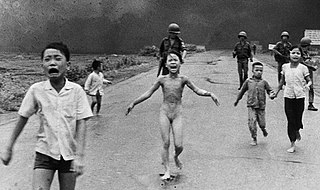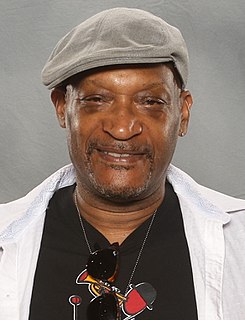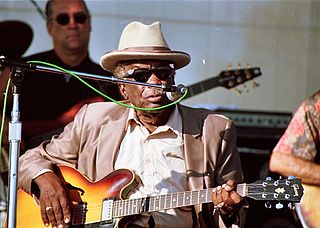A Quote by Janet Jackson
I need you like the blues needs the pain.
Related Quotes
I'm a bluesman moving through a blues-soaked America, a blues-soaked world, a planet where catastrophe and celebration... "Joy and Pain" - sit side by side. The blues started off in some field, in some plantation, in some mind, in some imagination, in some heart. The blues blew over to the next plantation, and then the next state. The blues went south to north, got electrified and even sanctified. The blues got mixed up with jazz and gospel and rock and roll.
Is it possible really to love other people? If I’m lonely and in pain, everyone outside me is potential relief—I need them. But can you really love what you need so badly? Isn’t a big part of love caring more about what the other person needs? How am I supposed to subordinate my own overwhelming need to somebody else’s needs that I can’t even feel directly? And yet if I can’t do this, I’m damned to loneliness, which I definitely don’t want … so I’m back at trying to overcome my selfishness for self-interested reasons.


































